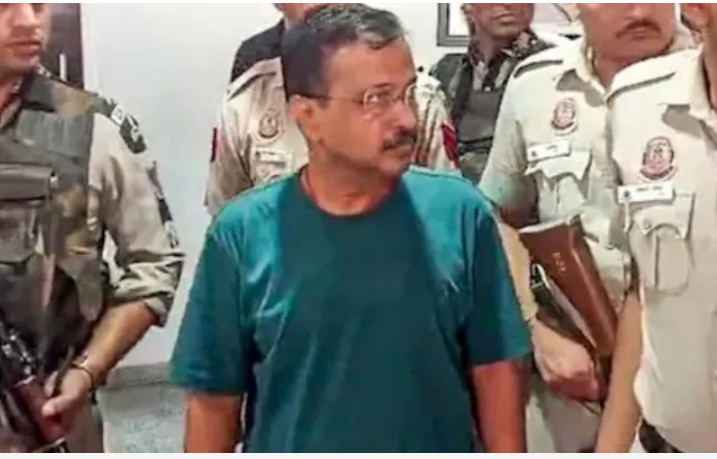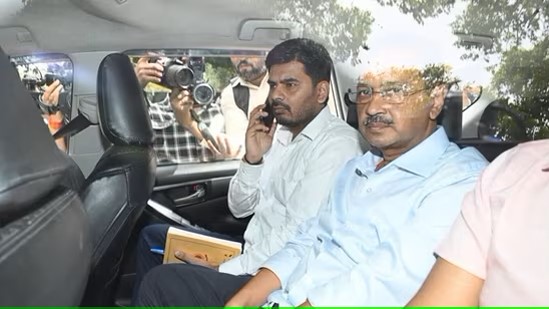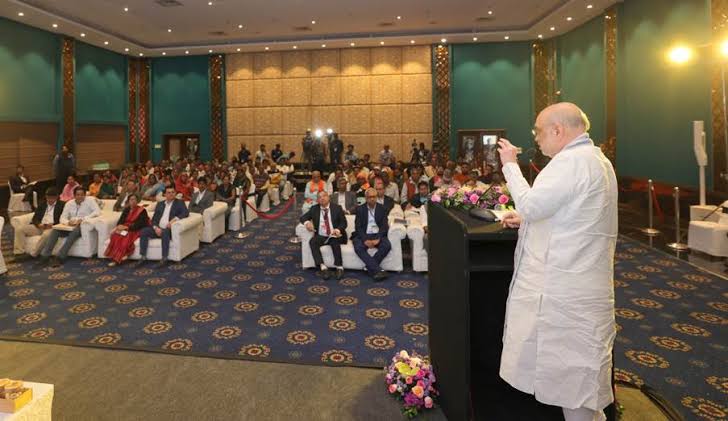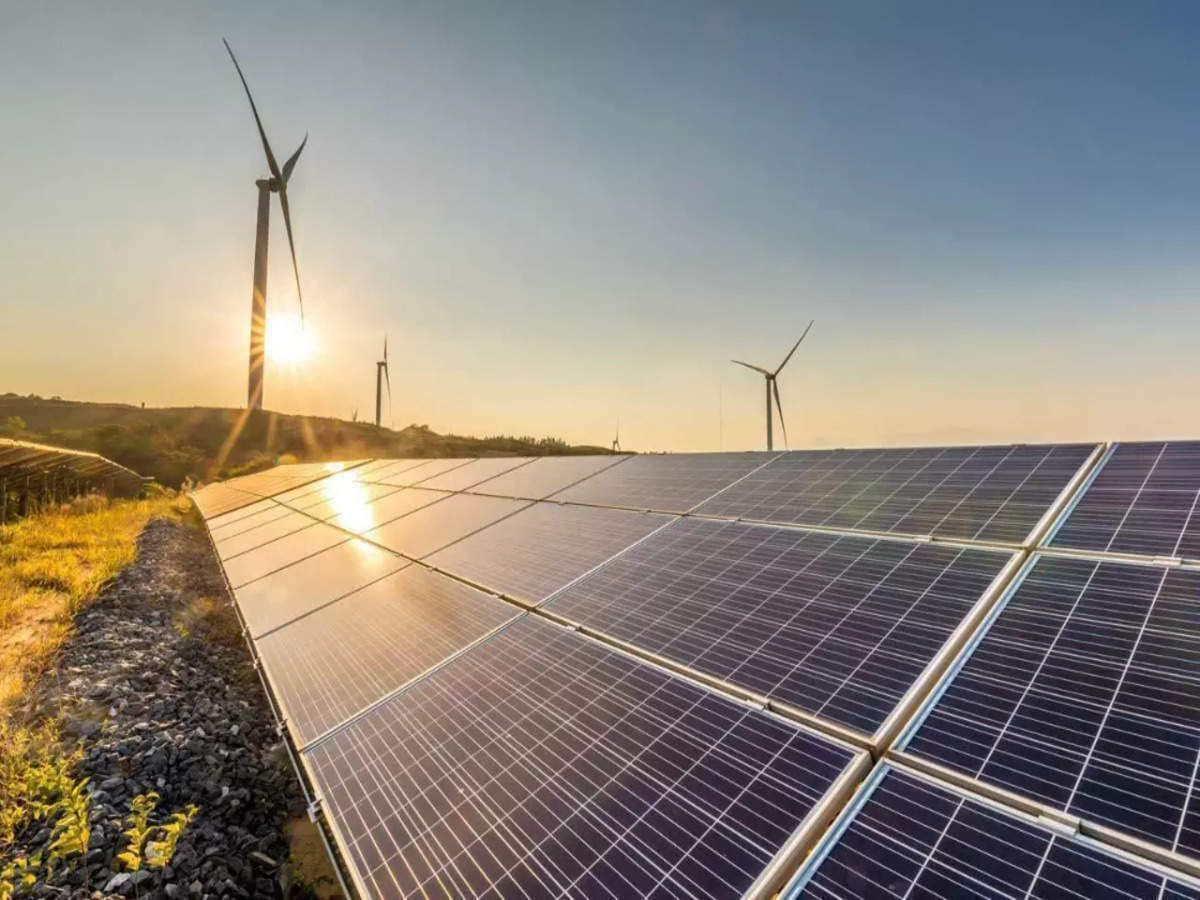The Supreme Court is set to make a crucial ruling today regarding the bail plea of Delhi Chief Minister Arvind Kejriwal, following his arrest by the Central Bureau of Investigation (CBI) in June. The arrest is linked to allegations of involvement in the controversial Delhi liquor excise policy scam. Kejriwal, first arrested by the Enforcement Directorate (ED) six months ago, could be released if the court rules in his favor today. Despite securing bail for his initial arrest in July, Kejriwal remained in custody due to the second arrest by the CBI for the same case.

The CBI has heavily relied on testimonies from ‘approvers’—former accused who have turned witnesses for the agency in exchange for a pardon or reduced sentences. These testimonies form the core of the CBI’s claims against the Chief Minister, asserting his key role in the 2021 liquor excise policy. Though the policy was scrapped just eight months after its implementation, it remains at the center of the corruption allegations.
In earlier hearings, the Supreme Court expressed concerns about over-reliance on ‘approvers’ for building cases, emphasizing the need for fairness. The court pointed out issues in similar cases, questioning why individuals who incriminate themselves are used as witnesses. It has also highlighted the principle that bail should be the norm, not the exception, particularly under the Prevention of Money Laundering Act (PMLA), under which Kejriwal faces charges. The court has previously ruled that an individual’s right to liberty cannot be compromised by stringent bail conditions under PMLA, setting a potential precedent for today’s decision.
If granted bail, Kejriwal will join several other prominent opposition figures, including his former deputy Manish Sisodia, AAP MP Sanjay Singh, and Telangana politician K Kavitha, who were released under similar circumstances. Each of these cases saw the court emphasize the principle of not holding individuals indefinitely without trial. In Mr. Sisodia’s case, the court noted a violation of his fundamental rights, while in Mr. Singh’s case, it questioned why no substantial evidence of the alleged bribe had been recovered despite months of detention.
The Delhi liquor policy case alleges that the Aam Aadmi Party (AAP) received ₹100 crore in kickbacks from a ‘South group’ associated with K Kavitha for granting wholesale liquor licenses. The funds are believed to have been used to finance the AAP’s election campaigns, including the 2022 Goa Assembly elections. Kejriwal, his party, and K Kavitha have strongly denied these allegations, accusing the Bharatiya Janata Party (BJP) of orchestrating a politically motivated campaign using federal agencies like the CBI and ED.




